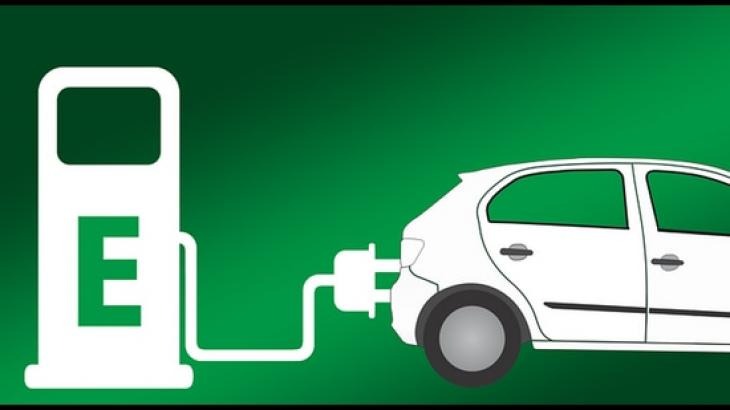
On February 3 2025 the Indian government established the National Electric Vehicle Policy to boost electric vehicle adoption in the country. The EV policy presents detailed steps to establish EVs as a minimum of 40% of all new vehicle sales during 2030.
Key Policy Highlights:
The plan provides various advantages to manufacturers together with benefits for EV consumers. Manufacturers will access funding options through direct production subsidies and development grants in addition to tax benefits for creating EV charging networks. The government offers incentives to consumers purchasing electric vehicles of either two-wheelers or four-wheelers whereas users can also benefit from decreased road taxes and decreased registration fees.
The policy stipulates that India should develop a vast EV charging network specifically targeted for rural along with semi-urban areas. A public-private collaboration is currently working with state-owned infrastructure companies to establish a nationwide network of one million EV charging stations throughout India during 2025.
Environmental Impact:
The Indian government is working toward electric mobility because it supports their initiative to minimize carbon pollution from transportation operations which create substantial pollution and greenhouse gas emissions. The EV policy's implementation will lead to a yearly reduction of more than 20 million carbon dioxide emission units as well as minimize fossil fuel imports throughout the nation according to expert projections.
Read More: Indian Navy may get 6 more P8I aircraft, costing Rs 27000 crore, what are its features?
--Advertisement--

 Share
Share



